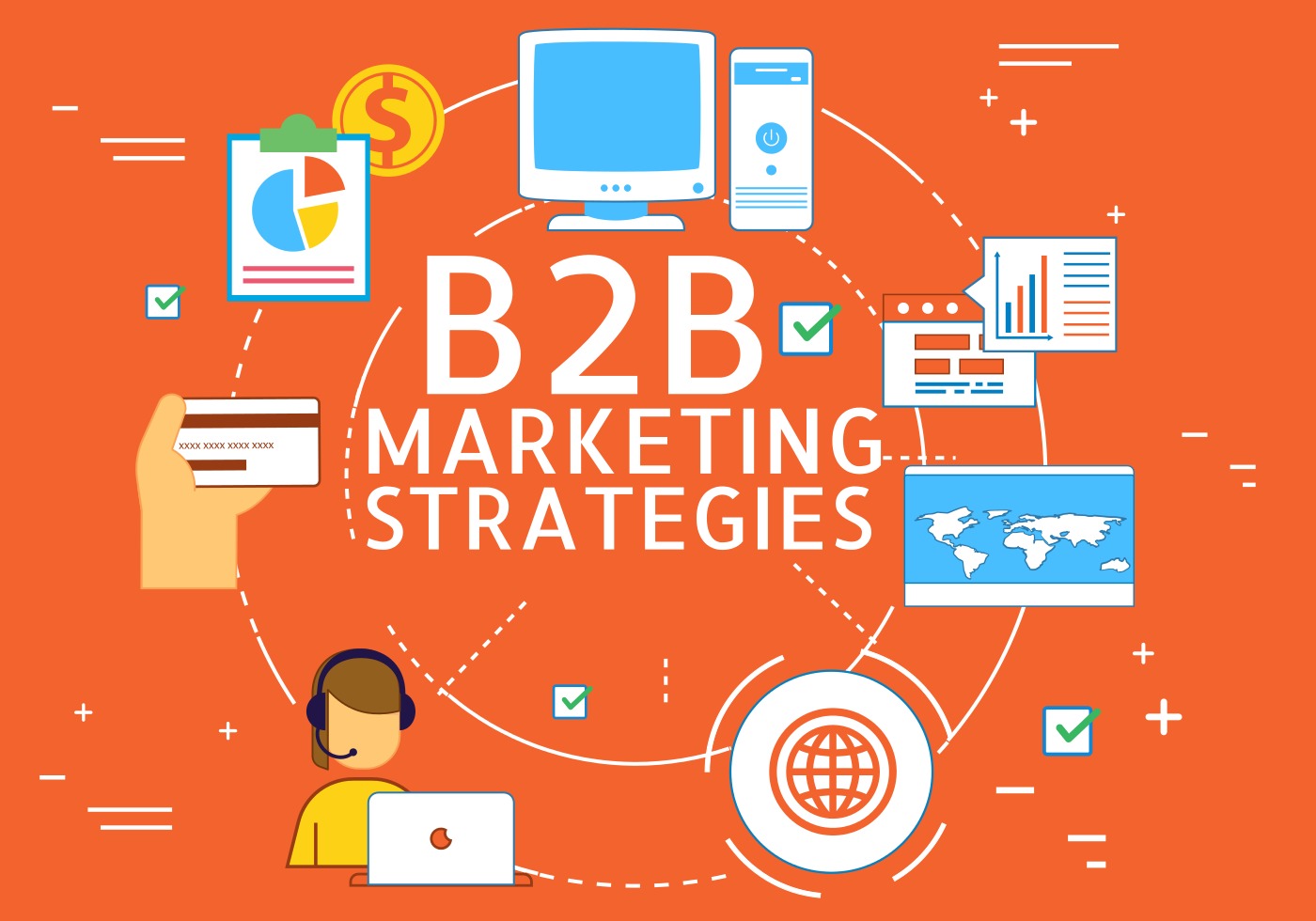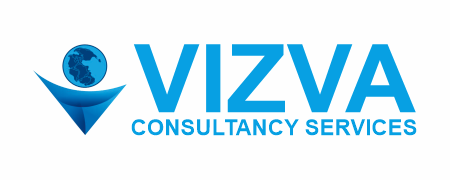
One way to analyze a problem in a business is through case interviews. This is also called problem structuring. This approach uses two tools: business frameworks or issue trees. These tools are used in many industries, from finance to technology. This is to create a common thread and find an optimal solution for all parties.
Interviews in case
A case interview is a simulation that shows what it will feel like to interact directly with a client. The interview involves asking the client questions about their needs and how they can be helped by the consultant. This allows the consultant to develop hypotheses and explore various options. During an interview, the consultant needs to ask pertinent questions about the client's key issues.

Problem structuring
Problem structuring, a fundamental skill in problem-solving, is essential. This approach helps you break down a complex problem into a series of simpler, yet more meaningful, issues. You can apply the principle to your current job, or study, or to your personal life.
Issue trees
The best way to see the different factors that impact a situation is with issue trees. They can be used to generate logical arguments from a hypothesis. These trees should have at minimum three branches. The issue trees should cover all possible factors, without any gaps. They should also be capable of identifying all root causes.
Business frameworks
Business frameworks are a vital aspect of strategic planning and operations. They serve as the basis for analysis, decision-making, and communication. An effective framework provides a clear roadmap to success for an organisation. It should also be adaptable to different types businesses.

Need to be analytical
Analytical skills are important for many roles, and having them will make you a strong candidate. These skills are essentially the ability to work with data, identify patterns, and draw meaningful conclusions. These skills are essential for solving problems, making business decision, and providing recommendations.
FAQ
How do I choose the right consultant?
There are three major factors you should consider:
-
Experience - How experienced is the consultant? Are they a beginner, intermediate, expert, or some other level? Does her resume show that she has the necessary skills and knowledge?
-
Education – What did the person learn in school? Did he/she pursue any relevant courses once he/she graduated? Were there any evidences of this learning in his/her writing?
-
Personality - Are we attracted to this person? Would you want this person to work for you?
-
These questions will help us determine if the consultant is right to meet our needs. If the answers to these questions are unclear, it might be worth a first interview to get more information about the candidate.
Who hires consultants
Many businesses hire consultants to assist them with their projects. These include small businesses, large corporations, government agencies, non-profits, education institutions, and universities.
Some consultants work directly with these organizations while others freelance. The process of hiring depends on the size and complexity the project.
Many rounds of interviews are required when hiring consultants. Then, the final decision will be made about who you believe is best for the job.
Do I need legal counsel?
Yes! Yes. Consultants can often create contracts with clients, without seeking legal advice. This can create problems down the line. For example, what happens to the contract if the client terminates it before the consultant has completed? Or what happens if a consultant fails to meet the deadlines in the contract?
Avoid potential legal problems by consulting a lawyer.
Why would a company hire consultants?
Consultants provide expert advice on how to improve the performance of your business. Consultants are not there to help you sell products.
A consultant helps companies make better decisions by providing sound analysis and recommendations for improvement.
Senior management teams often have consultants working closely with them to help them understand their needs.
They also offer leadership training and coaching to ensure that employees are able to perform at their best.
They may advise businesses on reducing costs, streamlining processes, and increasing efficiency.
Statistics
- "From there, I told them my rates were going up 25%, this is the new hourly rate, and every single one of them said 'done, fine.' (nerdwallet.com)
- On average, your program increases the sales team's performance by 33%. (consultingsuccess.com)
- 67% of consultants start their consulting businesses after quitting their jobs, while 33% start while they're still at their jobs. (consultingsuccess.com)
- So, if you help your clients increase their sales by 33%, then use a word like “revolution” instead of “increase.” (consultingsuccess.com)
- Over 62% of consultants were dissatisfied with their former jobs before starting their consulting business. (consultingsuccess.com)
External Links
How To
How To Start A Consultancy Company, And What Should I Do First?
You can make a lot of money by setting up a consulting business. You don't need any previous business experience or investment capital. To start your own consulting business, you can build a site. Once you have a website built, you can start using social media platforms such Instagram and Pinterest to spread the word about you services.
You can create a marketing strategy that includes these things with these tools
-
Writing content (blogs).
-
Building relationships (contacts).
-
Generating leads through lead generation forms
-
Selling products via ecommerce websites
Once you have created your marketing strategy you will need to find clients that will pay for it. Some people prefer to go through networking groups and events, while others prefer to use online methods such as Craigslist, Kijiji, etc. Your choice is yours.
Once you have secured new clients, you will need to discuss terms with them and their payment options. These could be hourly fees, retainer arrangements, flat-fee contracts, or other types of fees. It is important to clearly communicate with clients before you accept them as clients.
An hourly contract is the most popular type of contract for consulting services. In this case, you agree to provide certain services at a fixed rate each month or week. Based on the service you provide, you might be able to negotiate a discount based on the length of your contract. It is important to understand the terms of any contract you sign before you sign it.
Next, create invoices for your clients and send them. Invoicing is one of those things that seems simple until you actually try it. You have many options to invoice your clients. For example, some people prefer to have their invoices emailed directly to their clients, while others print hard copies and mail them. Whatever your preferred method, make sure it works well for you.
After creating invoices are complete, you will need to collect payments. Most people prefer PayPal because it is easy to use and offers various payment options. Other payment processors, like Square Cash or Google Wallet, Square Cash or Apple Pay, Venmo and Venmo are also available.
Once you are ready for payments to begin, you will need to open bank accounts. Separate savings and checking accounts will allow you to track your income and expenses independently. Automated transfers into your bank account are a great way to pay bills.
While starting a consultancy company may seem daunting, once you master the basics, it becomes easy to manage. For more information on starting a consultancy business, check out our blog post here.
You can make extra money by starting a consulting company without worrying about staff. Remote consultants don't need to be tied down by office politics or work long hours. Remote employees have more flexibility because they are not bound by regular work hours.